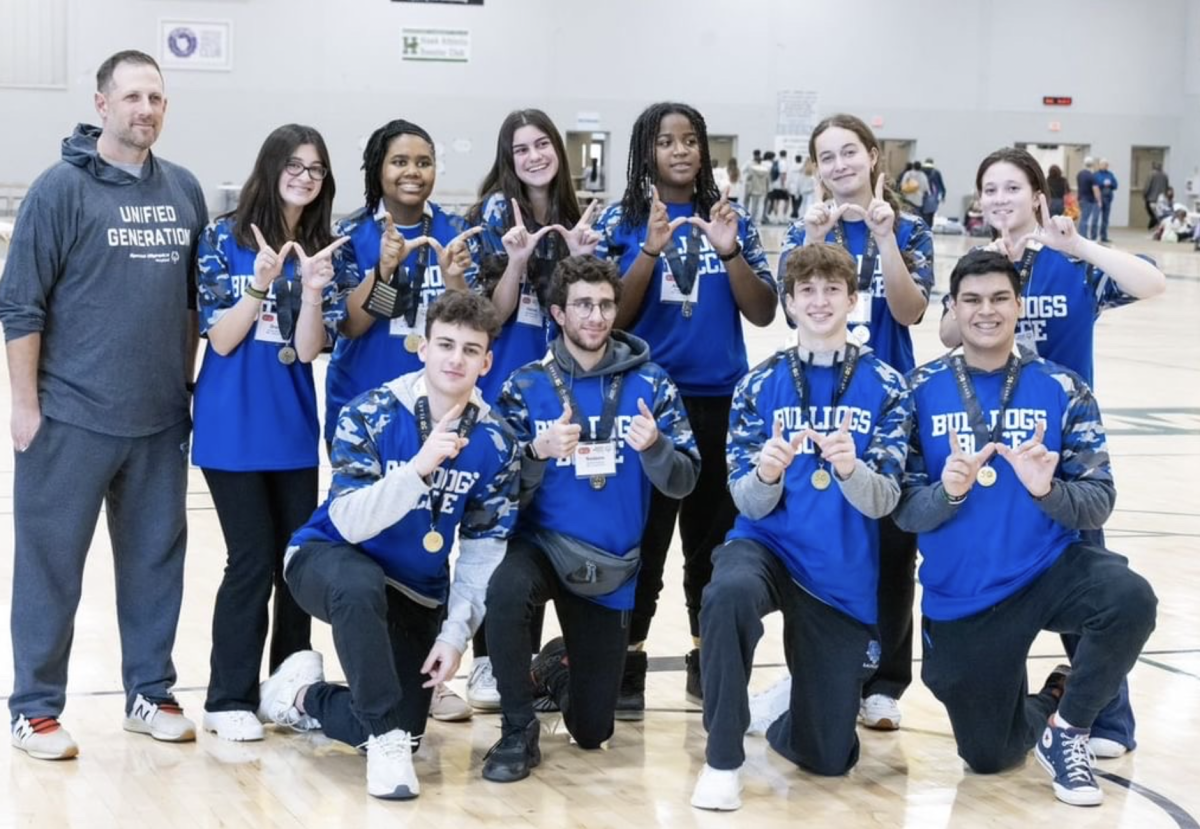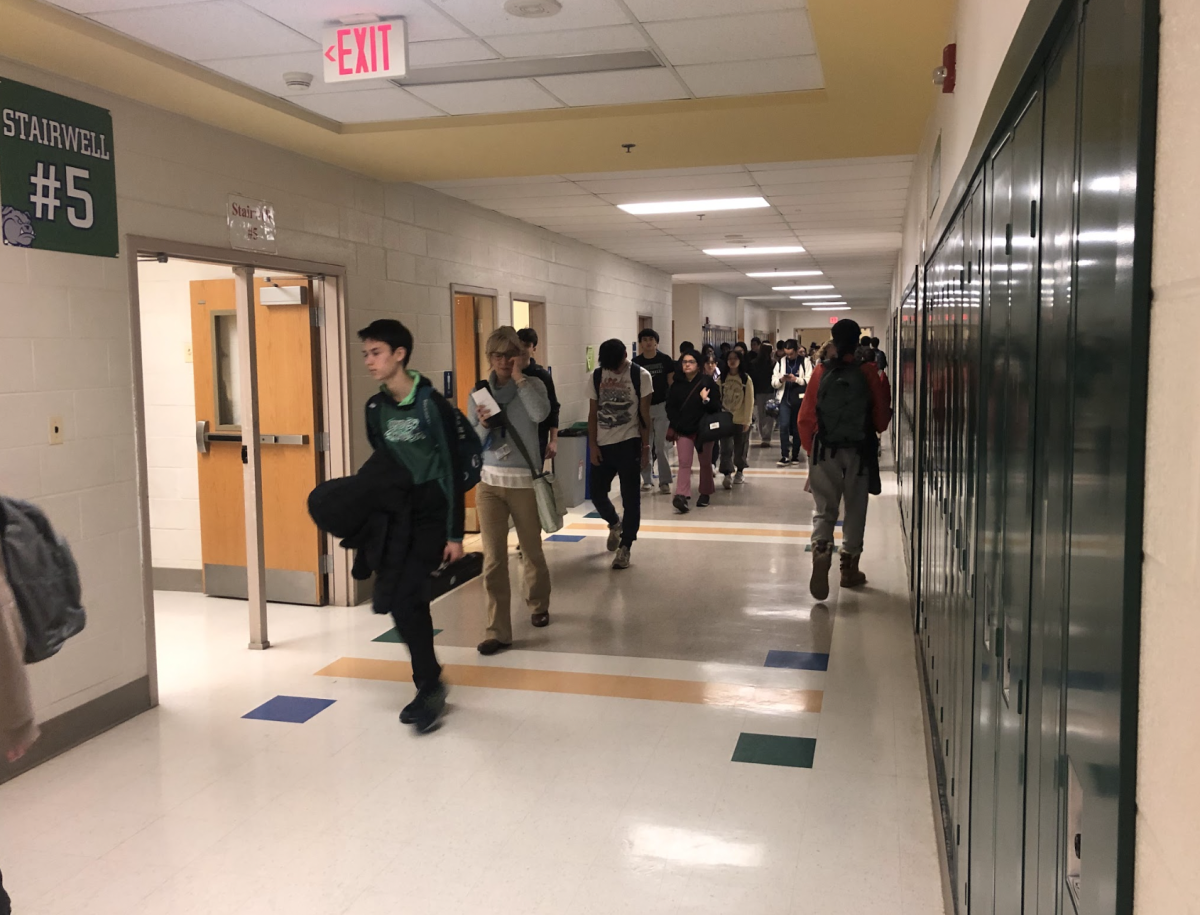The Maryland legislature’s new cell phone policy prohibiting the use of any hand-held cell phone while driving took effect Oct. 1.
The previous law stated using a cell phone while driving was a secondary offense, meaning an officer needed a primary offense such as speeding or running a red light in order to pull the driver over. However, the new law allows police officers to pull drivers over and ticket them if they see them using a phone while driving.
According to the Maryland Department of Transportation website,
the new law prohibits all Maryland drivers from the use of a cell phone “without a hands free device while operating a motor vehicle in motion on a street or highway.”
The bill came in the wake of increasing teen cell phone-related accidents.
According to the Maryland Department of Transportation website, the National Safety Council estimated 1.6 million crashes a year or about 28 percent of all crashes occur due to cell phone use while driving.
With technology’s increasing accessibility, some people feel this law will be negatively received by teens.
“I would think that students would be against the law because they would be the law breakers for the most part,” security team leader Terry Bell said.
Bell’s concern may be justified as teens are proven to be more likely to check their phones while driving than adults.
According to the Distraction.gov website, 25 percent of teens respond to a text message at least once every time they drive. Twenty percent of teens and 10 percent of parents admit to having texting conversations while driving.
However whether this new law will deter students is uncertain.
“I think some students will hear this and if they ever use their cell phone, they will think again because they will become paranoid and have to be aware if there is an officer around,” senior Nicole Weltmann said. “However, other students will continue to use their cell phones and it won’t have any effect.”
However, Senior Shannon Baarman feels the law will be more effective.
“It will force people to be more focused on the roads and less on their phones,” Baarman said. “It will have a larger impact on Churchill students and there will be less cell phone related accidents.”







